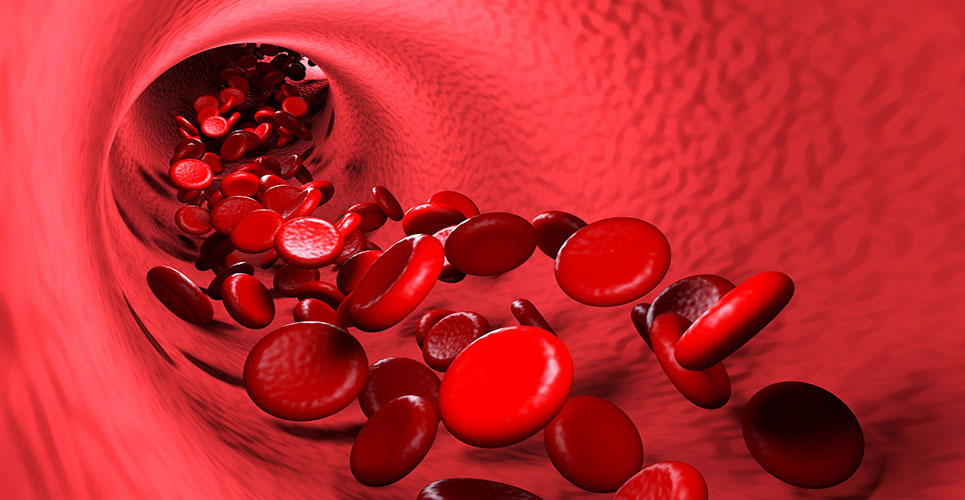teaser
Data from a phase III study into desmoteplase – the most fibrin-specific plasminogen activator known today – has shown very supportive results so far.
Lundbeck have announced that the post hoc analysis of data from the clinical phase III study, DIAS 2, has shown that the subgroup of patients with visible arterial occlusion or high-grade stenosis on baseline angiographies had improved response with desmoteplase over the placebo.
The data has been presented at the International StrokeConference (ISC) in San Antonio, Texas, US.
Compared to previous trials (DIAS and DEDAS), patients in the named trial had less severe strokes and smaller mismatch volumes.
70.4% of the patients in the DIAS-2 trial did not have a visible arterial occlusion or high-grade stenosis at the time of study drug administration.
The data suggest that patients with a so-called “Thrombolysis in Myocardial Infarction (TIMI)” score of 0 or 1 revealed lower response rates in the placebo group (18%) and higher response rates in the desmoteplase groups (36% and 27% for desmoteplase 90 μg/kg and 125 μg/kg, respectively).
“Stroke patients today suffer from substantial unmet medical needs andthe re-analysis of the DIAS-2 study now presented at ISC suggest thatpatients with a detectable blood clot can benefit from desmoteplase,”says Executive Vice President Anders Gersel Pedersen, Head of DrugDevelopment at Lundbeck.
“Desmoteplase has the potential to treat patients with acute ischaemicstroke up to nine hours after onset of symptoms. No treatment isavailable today that allows patients to reach hospital and be diagnosedwithin this extended time window”.
To find out more, please click on the link below:

